Maintaining dump trailer pumps is crucial for their longevity and optimal performance. One of the most important aspects of this maintenance is regularly cleaning the screen on the pump. A neglected screen can lead to reduced efficiency, potential damage, and costly repairs. In this article, we will delve into the step-by-step process of cleaning the screen on a dump trailer pump, informative tips to enhance its durability, and troubleshooting common issues associated with pump screens.
Understanding the Importance of the Pump Screen
Functionality of the Pump Screen
The pump screen serves as a filter, catching debris and contaminants from the hydraulic fluid before it enters the pump. By preventing particles from entering, it safeguards the internal components of the pump, thus ensuring smooth operation. A clean screen allows for optimal fluid flow and pressure, which is essential for the functionality of the dump trailer.
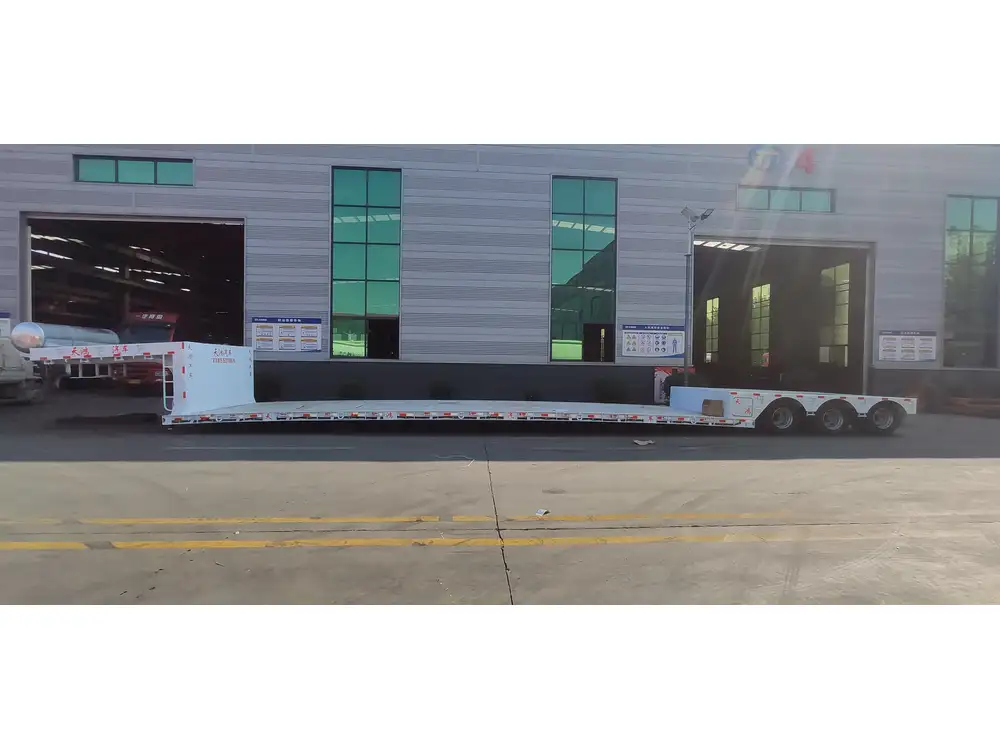
Consequences of a Dirty Screen
Failing to clean the pump screen can lead to several problems, such as:
- Reduced Pump Efficiency: A clogged screen limits the flow of fluid, causing the pump to work harder and potentially leading to overheating.
- Pump Damage: Ongoing restrictions can result in cavitation, which can damage the pump’s internal components.
- Increased Wear and Tear: Regular strain on the pump can accelerate its wear, requiring more frequent repairs or replacements.
Table: Effects of Neglecting Pump Screen Maintenance
| Consequence | Description |
|---|---|
| Reduced Efficiency | Inefficient operation leads to increased fuel consumption and time waste. |
| Overheating | Accumulated dirt causes the pump to run hotter than normal. |
| Expensive Repairs | Damage incurred from a neglected screen can lead to costly fixes. |
| Shortened Lifespan | Frequent breakdowns reduce the expected lifespan of the pump. |
Step-by-Step Guide to Clean the Screen
Cleaning the screen on a dump trailer pump is a manageable task if approached methodically. Below we outline a detailed step-by-step method.
Tools and Materials Needed
Before starting, gather the following tools and materials:
- Protective gloves and goggles
- Wrench set or socket set
- Clean rags or shop towels
- Brush (preferably soft-bristled)
- Cleaning solvent (compatible with hydraulic fluid)
- Container for fluid collection
- Replacement screen (if necessary)
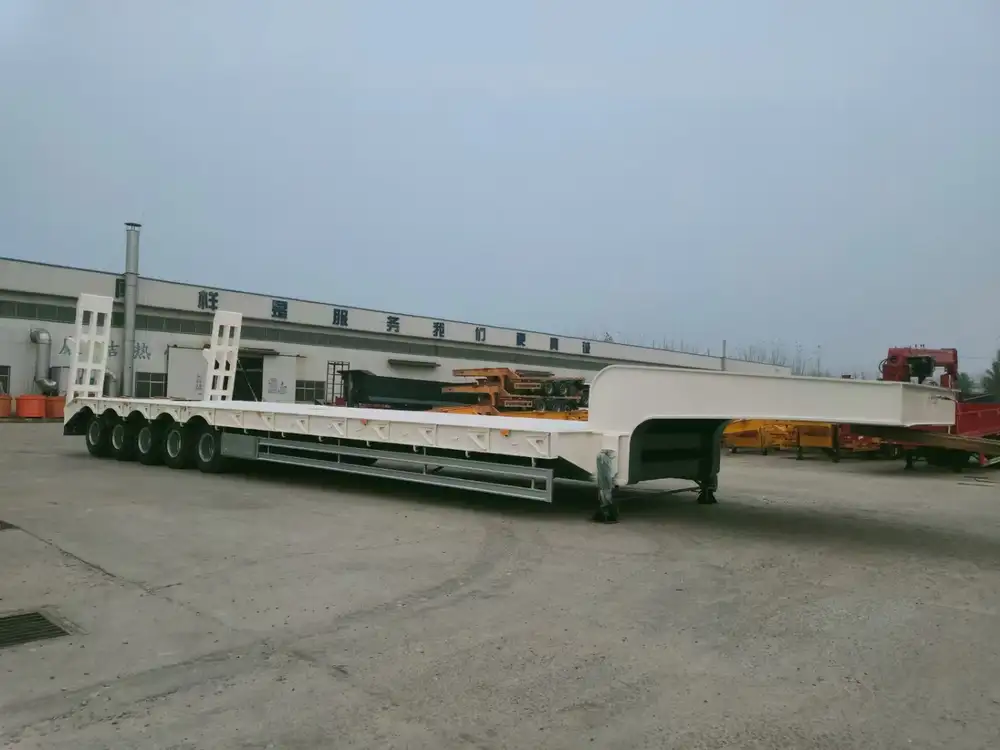
Step 1: Prepare for Cleaning
- Safety First: Ensure the trailer is parked on a level surface and stabilize it with wheel chocks.
- Disconnect the Power: If applicable, disconnect the battery or power source to prevent accidental operation.
- Drain Hydraulic Fluid: Carefully drain the hydraulic fluid into an appropriate container. This step is vital to prevent spilling and to allow safe access to the pump.
Step 2: Accessing the Pump and Screen
- Locate the Pump: Identify where the pump is situated on your dump trailer. This location will depend on the particular model and manufacturer.
- Remove Protective Covers: If your pump has a protective cover, use the appropriate wrench or socket to remove it, providing clear access to the screen.
Step 3: Cleaning the Screen
- Extract the Screen: Carefully detach the screen from the pump. Be mindful of any seals or O-rings – ensure they aren’t damaged during removal.
- Inspect the Screen: Check for any significant wear or damage. If the screen appears extensively clogged or worn, consider replacing it.
- Cleaning the Screen: Use a soft-bristled brush to gently scrub away dirt and debris. For stubborn residue, dip the brush in a compatible cleaning solvent. Rinse the screen thoroughly with clean water or solvent and dry it completely before reinstallation.
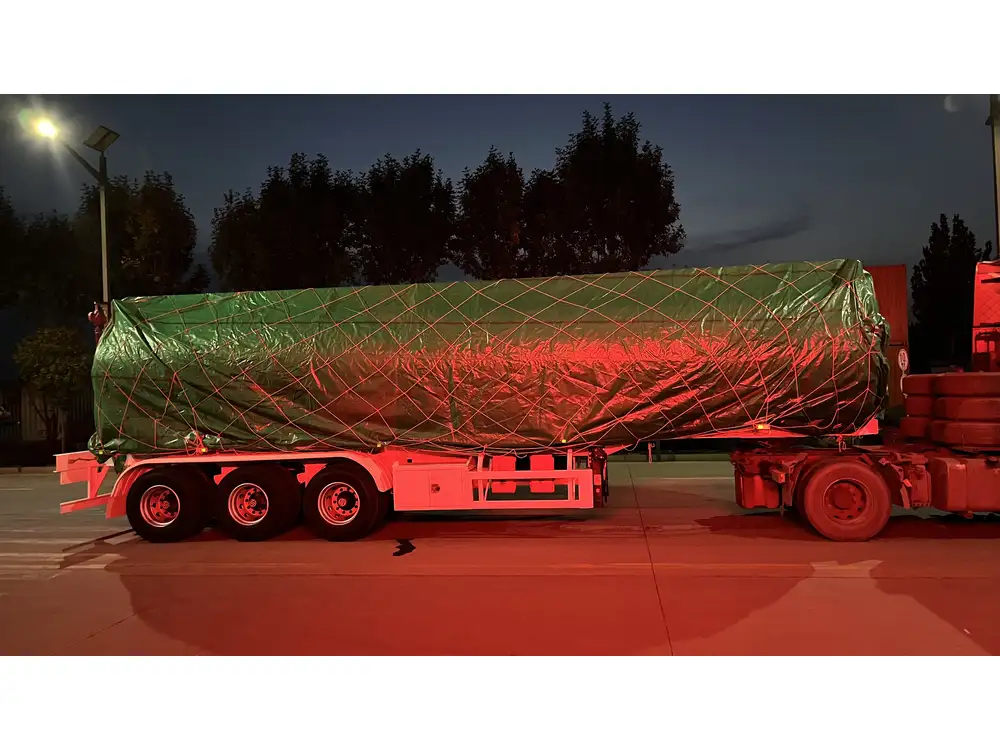
Step 4: Reassembling the Pump
- Reinstall the Screen: Once cleaned, carefully place the screen back into the pump housing, ensuring that it fits snugly and securely.
- Replace any Seals: If you removed seals during the cleaning process, ensure they are in good condition. Replace them if necessary.
- Reattach Protective Covers: Secure any covers and components that were removed.
Step 5: Refilling Hydraulic Fluid
- Refill Procedure: Using a funnel, carefully refill the hydraulic system with the correct type and quantity of hydraulic fluid.
- Check for Leaks: Inspect the pump area for any signs of leaks.
Step 6: Testing the Pump
- Power Up: Reconnect the power supply to your trailer.
- Test Operation: Engage the pump to ensure it’s functioning correctly and smoothly. Listen for unusual noises and observe its performance.
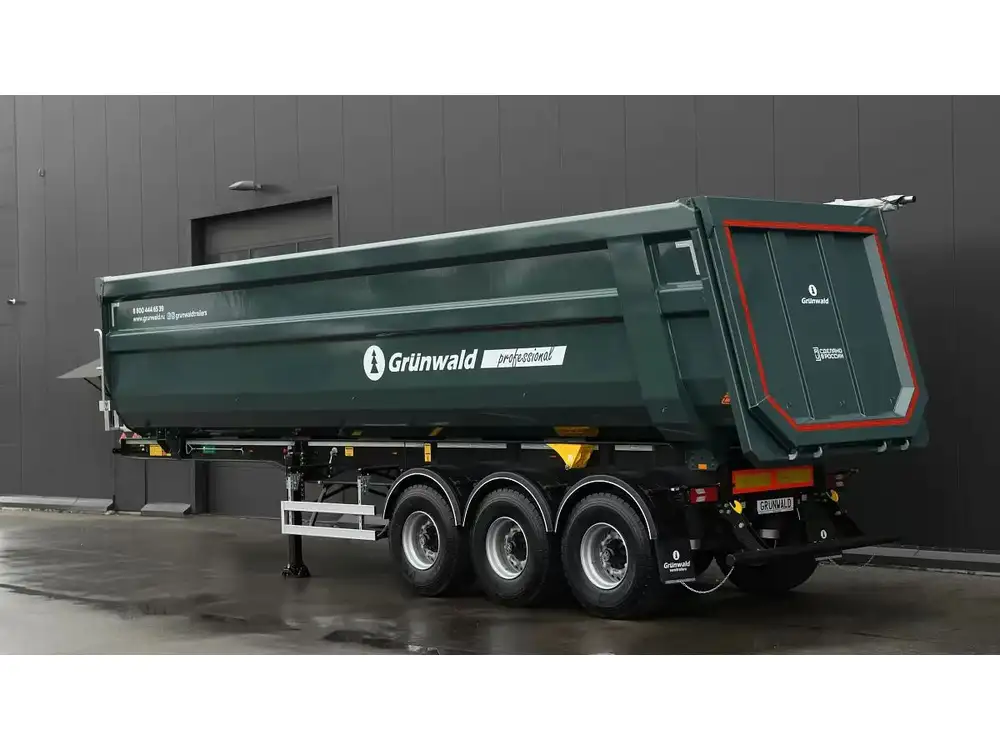
Preventative Maintenance Tips
While cleaning the screen is essential, regular maintenance will prolong the life of your dump trailer pump. Consider the following tips:
Schedule Regular Inspections
Regularly inspect the pump and its components, including lines and fittings. Early detection of wear can prevent extensive damage.
Change Hydraulic Fluid Regularly
Hydraulic fluids degrade over time. Replace them according to the manufacturer’s specifications to maintain fluid integrity and pump health.

Monitor Operating Conditions
Pay attention to the pump’s operating conditions. High loads or excessively dirty environments may require more frequent screen cleaning.
Use Quality Filters
Invest in high-quality filters to supplement the pump screen. This extra layer of filtration can significantly reduce debris exposure.
Train Operators
Ensure that all operators are trained on how to properly use and maintain the dump trailer pump. They should understand the importance of keeping the screen clean.
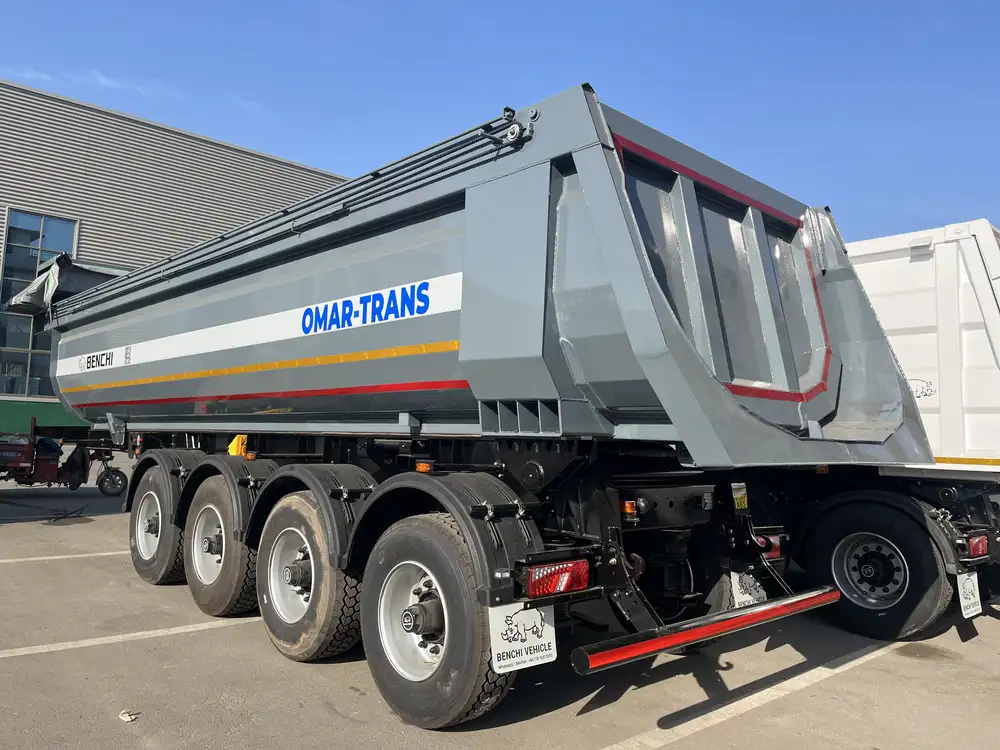
Troubleshooting Common Issues
Screen Clogging
If your screen continues to clog despite regular cleaning, investigate the source of the contamination. Often, this can be due to inadequate filtration upstream or using poor-quality hydraulic fluid.
Unusual Noise from Pump
If during operation the pump emits a strange whining or grinding noise, it may indicate blockage or damage. Halt operation immediately and inspect the screen and hydraulic lines.
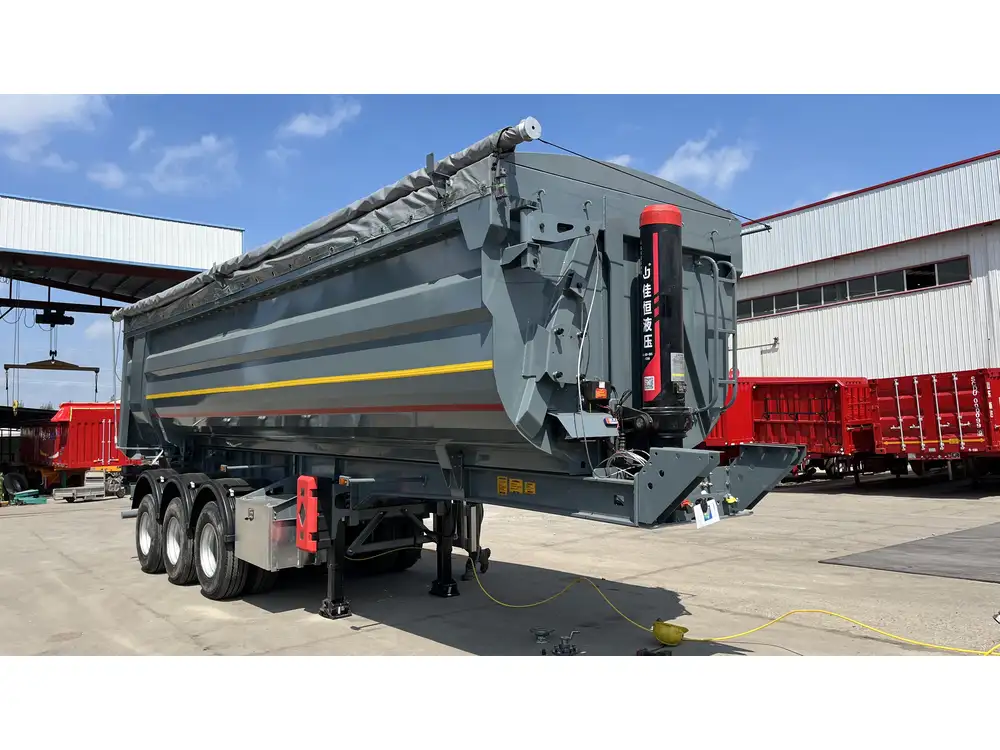
Reduced Lift Capacity
Experiencing decreased lifting capabilities? This could stem from a clogged screen or insufficient hydraulic fluid levels. Perform maintenance checks to remedy this.
Conclusion
Cleaning the screen on a dump trailer pump is an essential maintenance task that ensures optimal performance and extends the life of your equipment. By following the structured approach outlined in this guide, operators can efficiently maintain their systems, avoiding costly repairs and downtime. Regular monitoring and maintenance will create a reliable working environment and ensure that your dump trailer operates at its best.
With an informed approach to maintenance and a keen eye on the pump’s functionality, you can avoid many common issues linked to dirty screens and ensure your dump trailer remains a vital asset for years to come.



